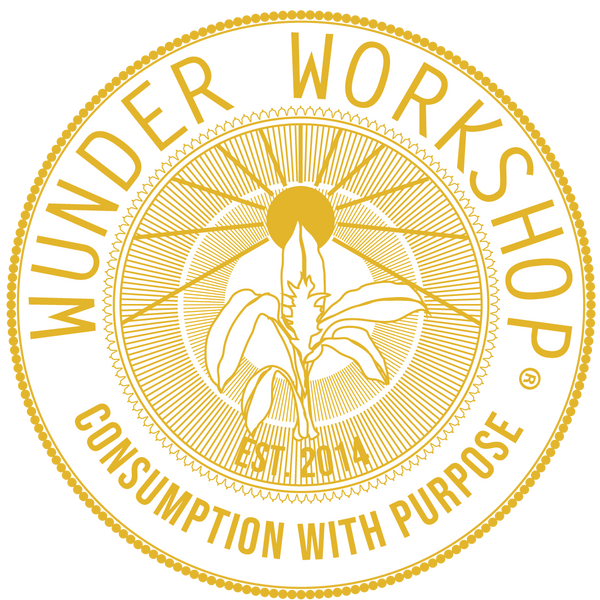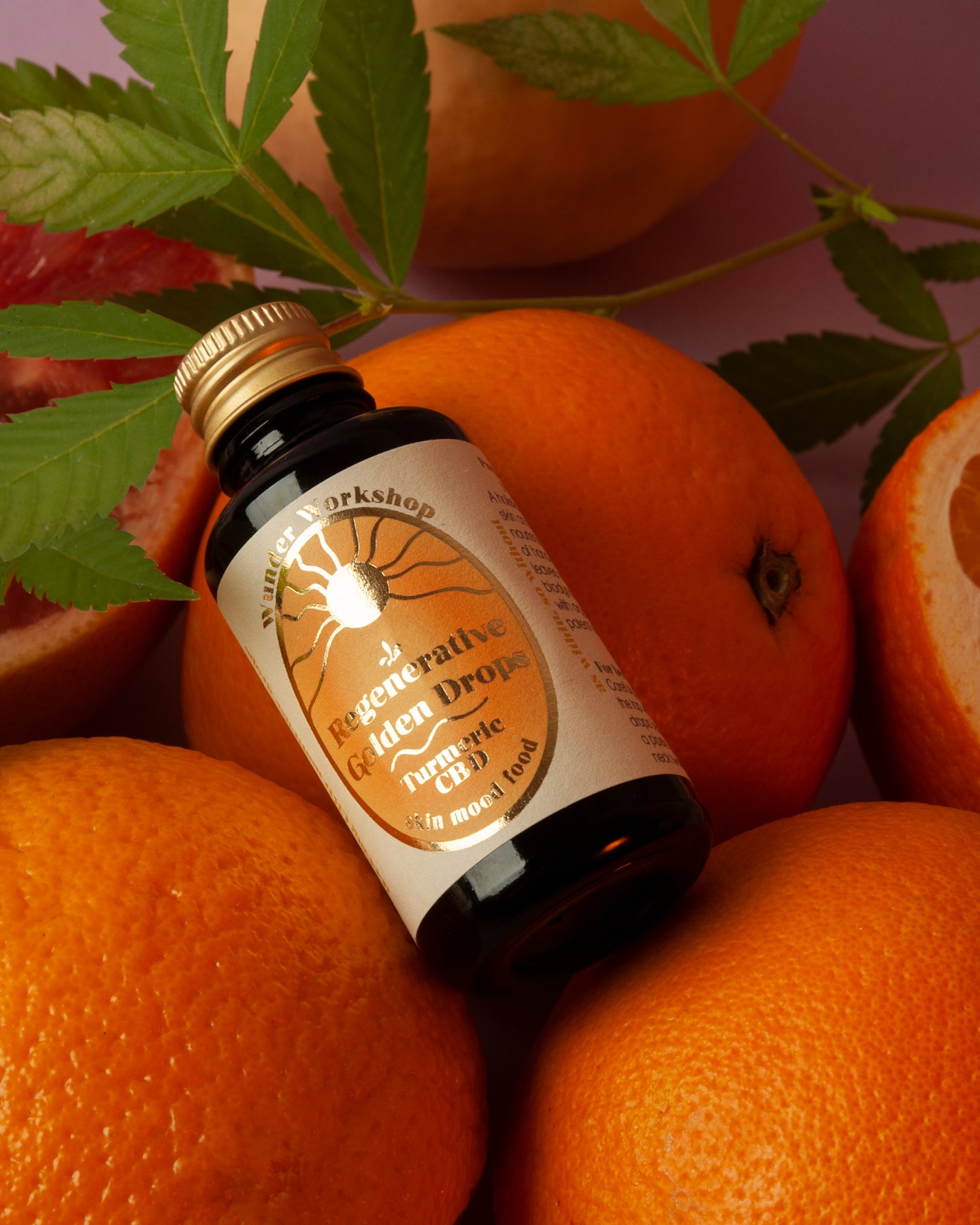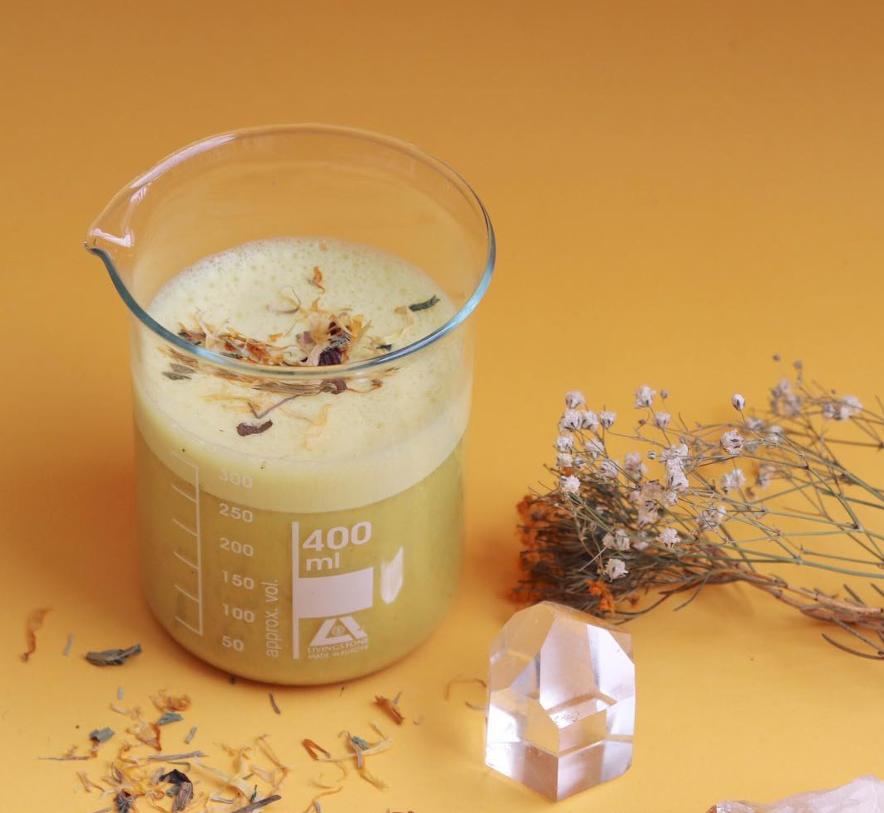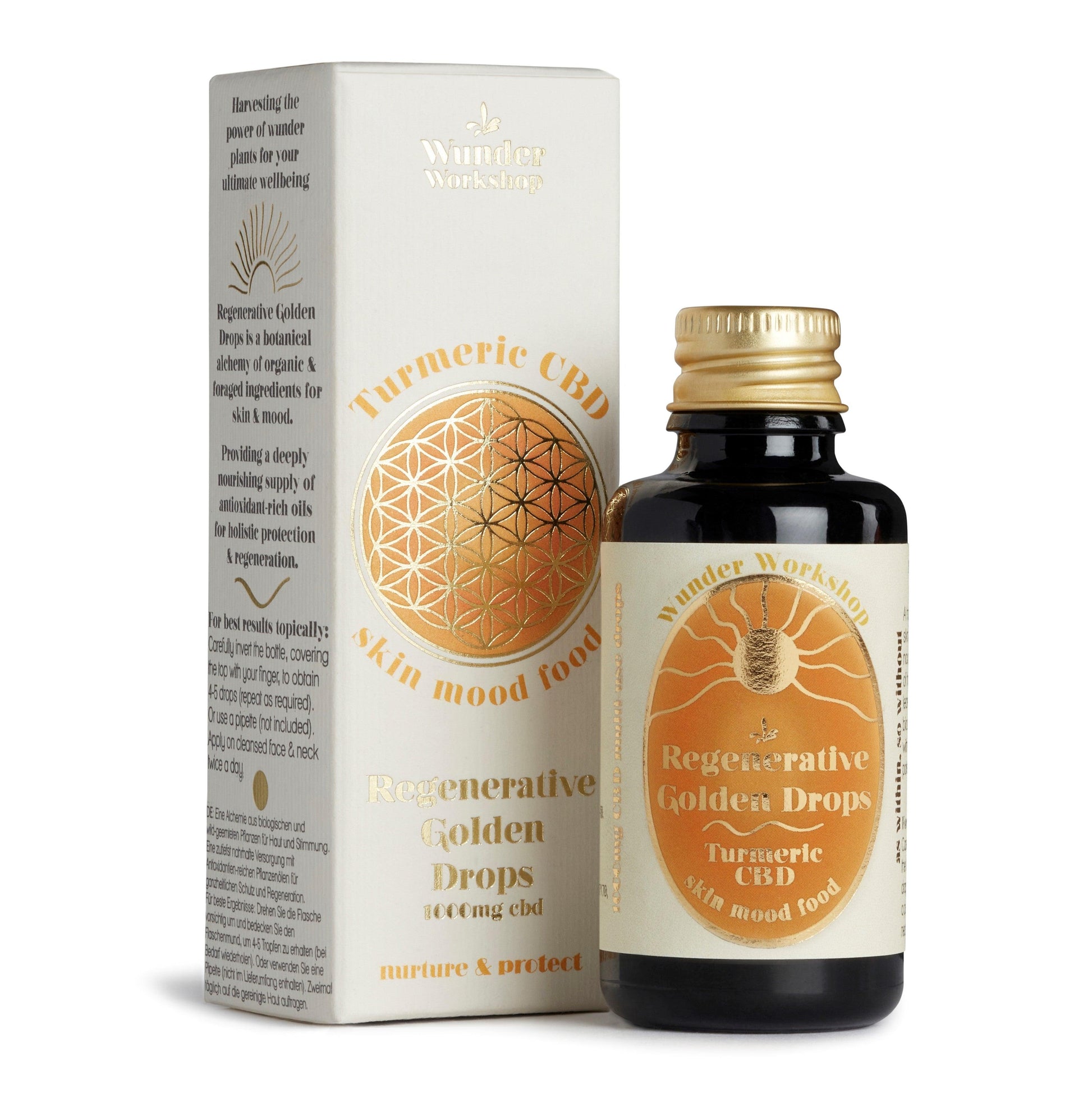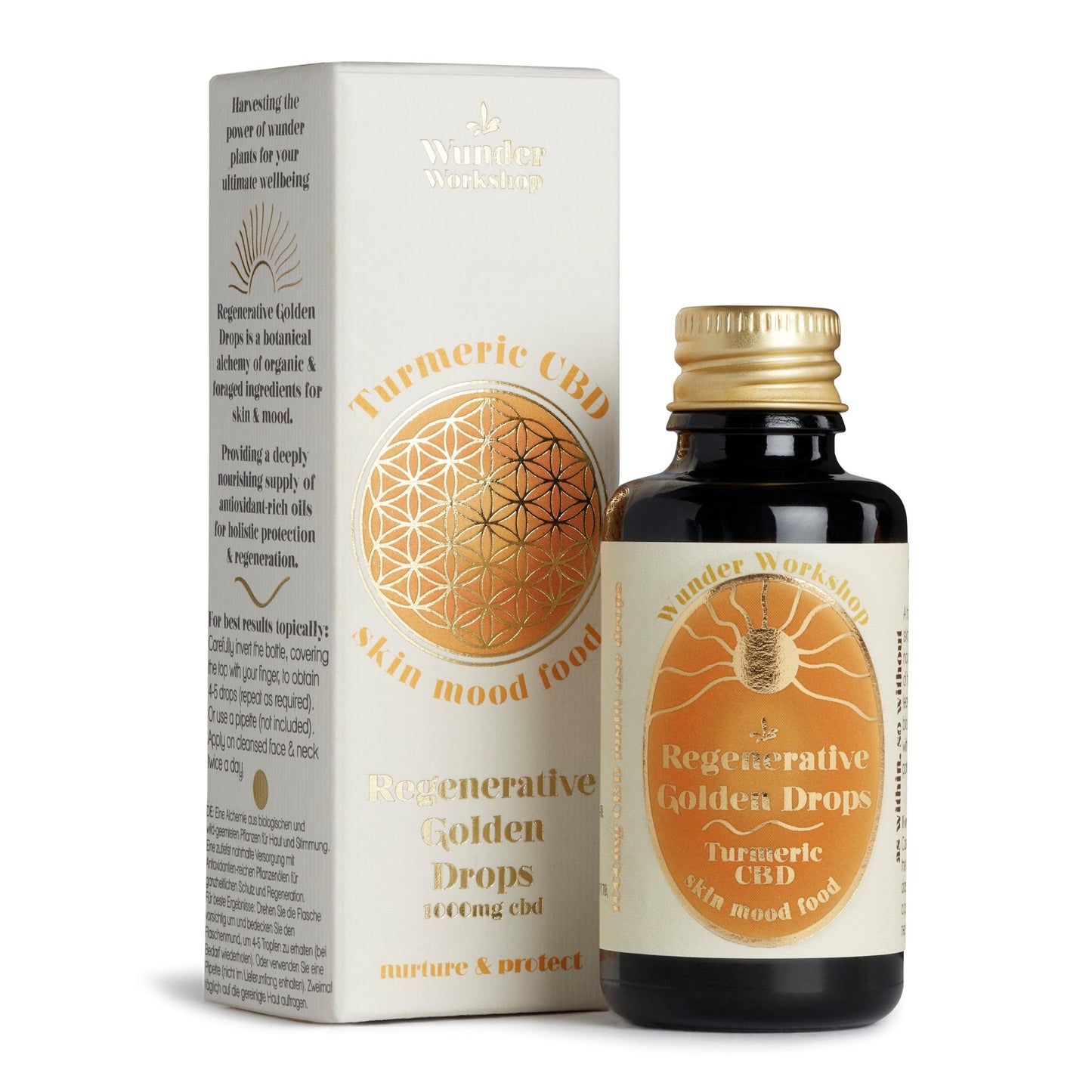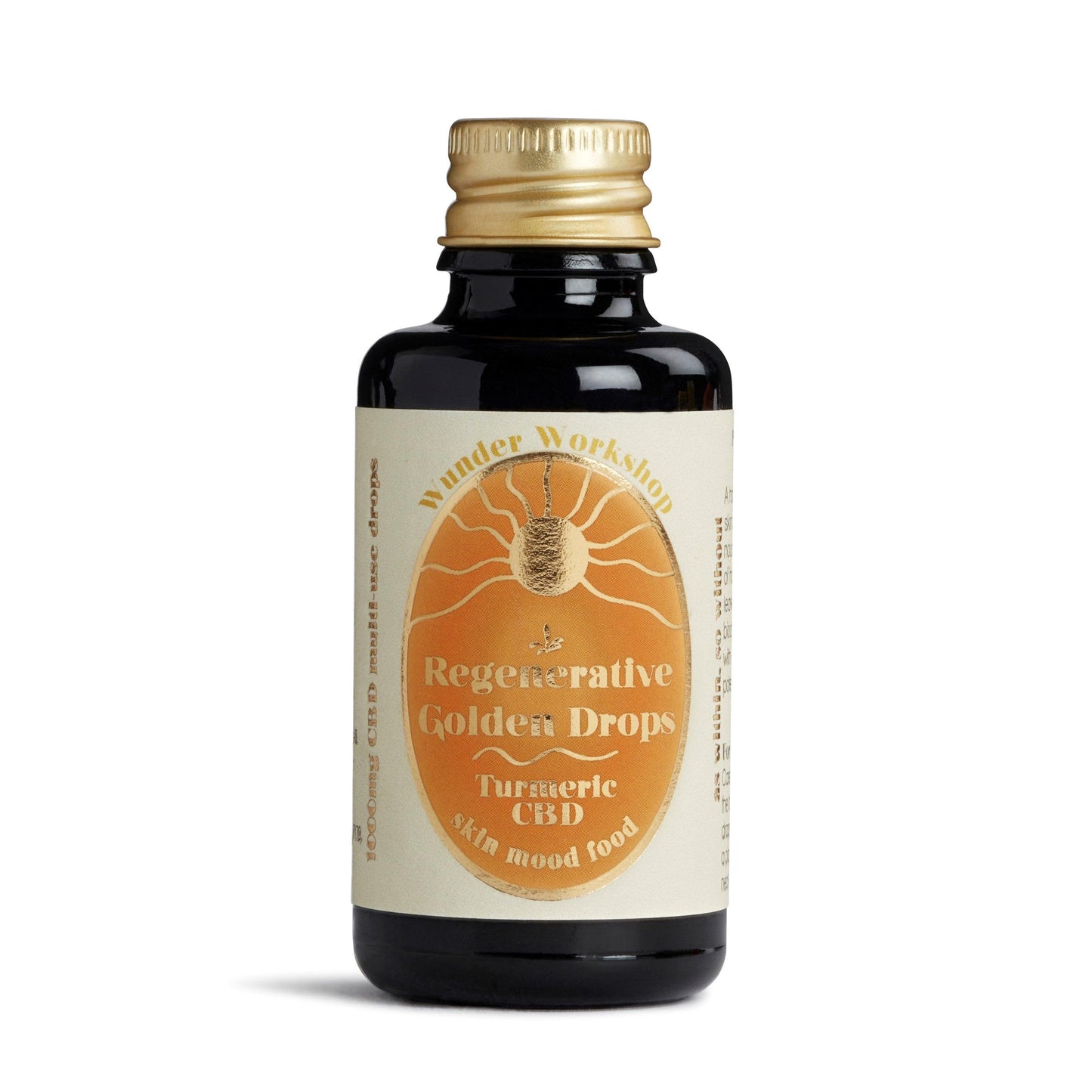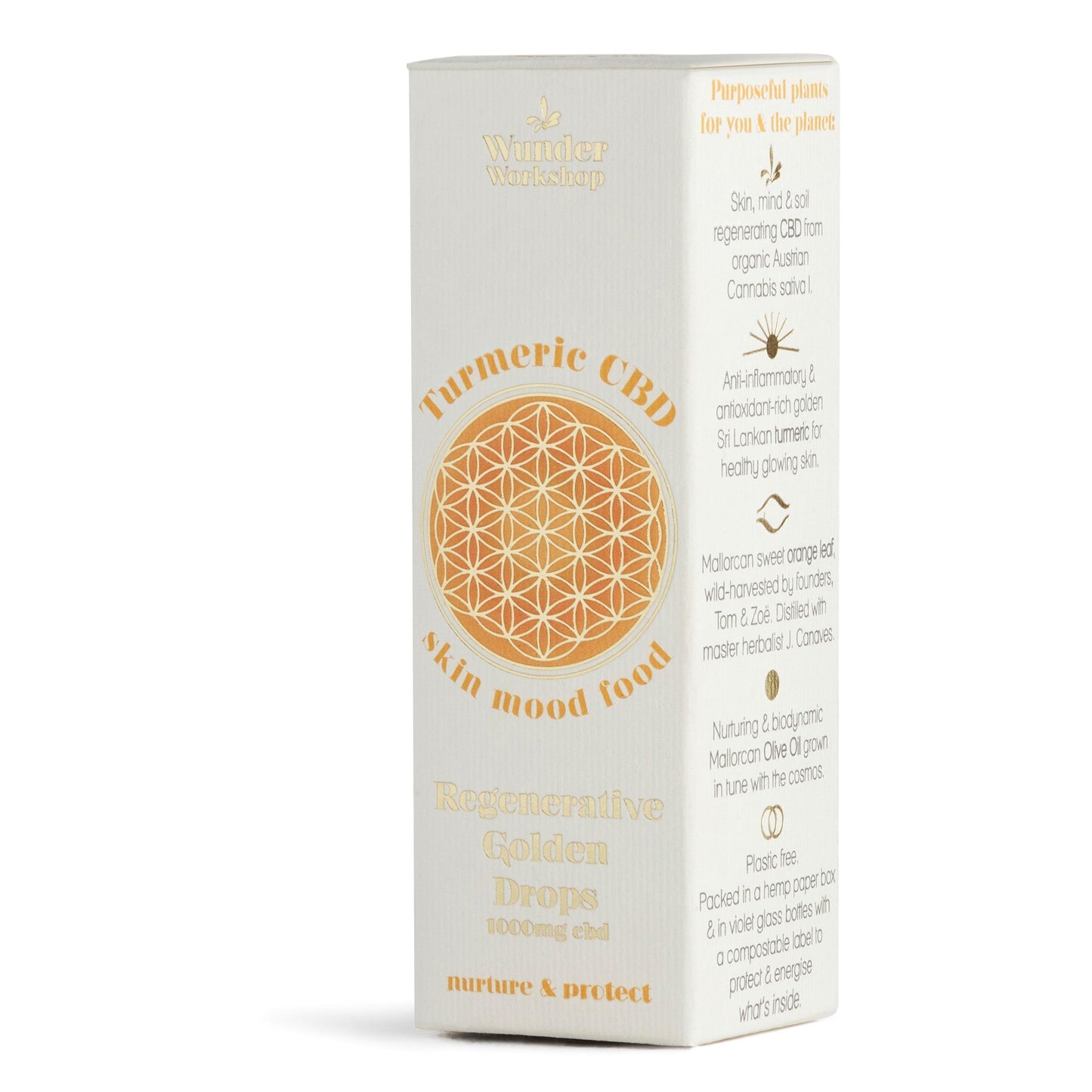Inflammation in exercise - it's a bit of a juxtaposition, and one I wanted to get my head around, as someone who has always been testing myself physically in one way or another. It's also been an important consideration in preparing Ride Mallorca - the cycling retreat/training camp I've been planning.
Where the narrative is considerably weighted against inflammation, it's good to remember what inflammation is for and the benefits that it can bring us too. The first thing to remember is that it is a very natural process - and a key part of our survival. Inflammation is triggered when the body is under stress or injury, and the complex cellular communication that follows, helps to both heal and helps us to learn. But, there are considered to be two types of inflammation...
1. Acute Inflammation - which is essential for the healing process, and;
2. Chronic inflammation - that can cause long-term damage to the body.
This is especially relevant for people who exercise frequently or who engage in intense physical activity that puts a lot of stress on their bodies. So, I want to look at the pros and cons of inflammation in exercise/sport performance, and the relative effect of an anti-inflammatory diet.
Pros of inflammation for exercise:
-
Improved recovery: Inflammation triggers the body's healing response, which can help you recover faster from injuries and soreness. This can be especially beneficial for those who engage in high-intensity training or competitions.
-
Enhanced adaptation: Exercise-induced inflammation can also lead to improved adaptation to exercise. This means that the body becomes better equipped to handle the stress of exercise, which can lead to better performance. It is the body's way to compensate and prepare for the next time it will get tested in the same way.
Cons of inflammation for exercise:
-
Increased risk of injury: Chronic inflammation can weaken the body's tissues and increase the risk of injury. This is because inflammation can cause tissues to become stiff and inflexible, making them more susceptible to damage during exercise.
-
Impaired performance: Chronic inflammation can also impair athletic performance by causing fatigue, muscle weakness, and decreased endurance. This can lead to decreased performance in training and competition.
What about an Anti-inflammatory diet and its relative effect on inflammation in exercise?
An anti-inflammatory diet is a diet that includes foods that are high in antioxidants and anti-inflammatory compounds, such as fruits, vegetables, whole grains, nuts, and fatty fish. This type of diet has been shown to reduce inflammation in the body and improve overall health. I've written about this in the past in relation to Turmeric and how it combats low, chronic levels of inflammation.
The relative effect of a specifically anti-inflammatory diet on inflammation in athletes is not entirely clear. While some studies have shown that an anti-inflammatory diet can reduce inflammation and improve recovery in athletes, others have shown little to no effect.
One study published in the Journal of the International Society of Sports Nutrition found that athletes who followed an anti-inflammatory diet had lower levels of inflammation and improved recovery compared to those who did not follow the diet. However, another study published in the Journal of the American College of Nutrition found that while an anti-inflammatory diet improved overall health, it had little effect on inflammation in athletes.
Overall, while an anti-inflammatory diet may have some benefits for athletes (and therefore anyone else who exercises!), its relative effect on inflammation is not well-established. The take-away from this being that one should focus on eating a well-balanced diet that includes plenty of fruits, vegetables, whole grains, and lean proteins to support their performance and recovery.
I was also inspired by Tim Spector MD, one of the world's most cited scientists, who believes that diet diversity is the key to our health, as this all starts in the gut and the foods that we consume.
In conclusion, inflammation can have both pros and cons for us all when it comes to exercise in particular. However, while acute inflammation can aid in recovery and adaptation, chronic inflammation can impair performance and increase the risk of injury. This isn't necessarily something that can be avoided by consuming a "anti-inflammatory diet", however there are plenty of anti-inflammatory foods that will help to lower chronic levels of inflammation and be beneficial to our overall health and vitality.
The best approach is to focus on a well-balanced diet that includes a diverse range of foods, (especially plants!) to support your exercise goals and recovery.
At RideMallorca I'm working with superstar chef Alessandra Mariotti to ensure deliciously nutrient dense and diverse meals, using local and organic ingredients. Recovery is incredibly important to any aspiring athlete's progression in performance - as the body needs to repair itself to become stronger, and it needs the right nutrition to do this properly. If you have any questions, please get in touch.

Some additional reading and references:
-
Tidball, J. G. (2017). Inflammation in muscle injury and repair: introduction and overview. Muscle & Nerve, 56(5), 729-734.
-
Peake, J. M., Neubauer, O., Della Gatta, P. A., & Nosaka, K. (2017). Muscle damage and inflammation during recovery from exercise. Journal of Applied Physiology, 122(3), 559-570.
-
LaVoy, E. C., Chiu, L. Z., DeSilva, J. M., Kostek, M. C., & Yarasheski, K. E. (2018). Inflammatory markers and skeletal muscle adaptations: evidence from exercise interventions. Medicine and Science in Sports and Exercise, 50(6), 1216-1227.
-
Nieman, D. C. (2019). Exercise immunology: practical applications. International Journal of Sports Medicine, 40(8), 507-514.
-
Calder, P. C., Ahluwalia, N., Albers, R., Bosco, N., Bourdet-Sicard, R., Haller, D., ... & van Wijk, N. (2017). A consideration of biomarkers to be used for evaluation of inflammation in human nutritional studies. British Journal of Nutrition, 117(9), 1215-1227.
-
Larson-Meyer, D. E., Heilbronn, L. K., Redman, L. M., Newcomer, B. R., Frisard, M. I., Anton, S. D., ... & Ravussin, E. (2016). Effect of calorie restriction with or without exercise on insulin sensitivity, β-cell function, fat cell size, and ectopic lipid in overweight subjects. Diabetes Care, 39(8), 1337-1344.
-
Papanikolaou, Y., Brooks, J. K., & Reeder, B. A. (2019). Effects of a Mediterranean-style diet on inflammatory markers in young, healthy adults: a randomized controlled trial. Nutrition Journal, 18(1), 1-11.
-
Cameron-Smith, D. (2018). Nutrition for enhanced sports performance: the role of dietary fat. Journal of Science and Medicine in Sport, 21(3), 300-307.
-
Ross, M. L., Halson, S. L., & Garvican-Lewis, L. A. (2018). Nutrition strategies for the athlete. Sports Medicine, 48(S1), 1-19.
